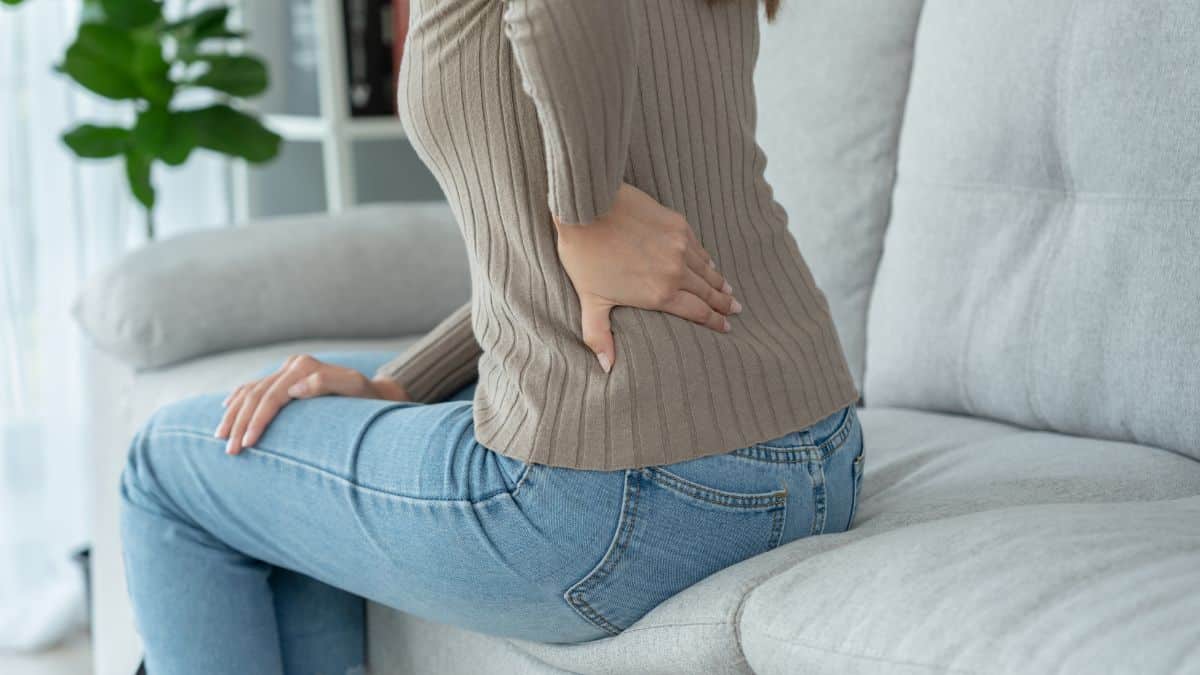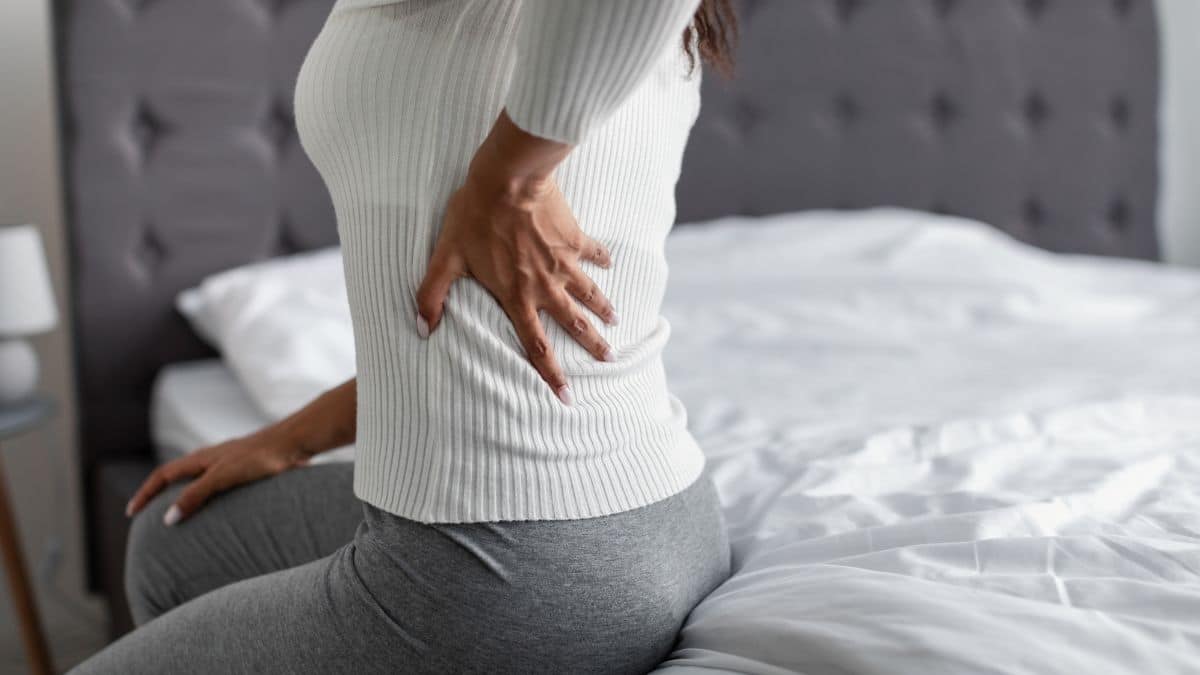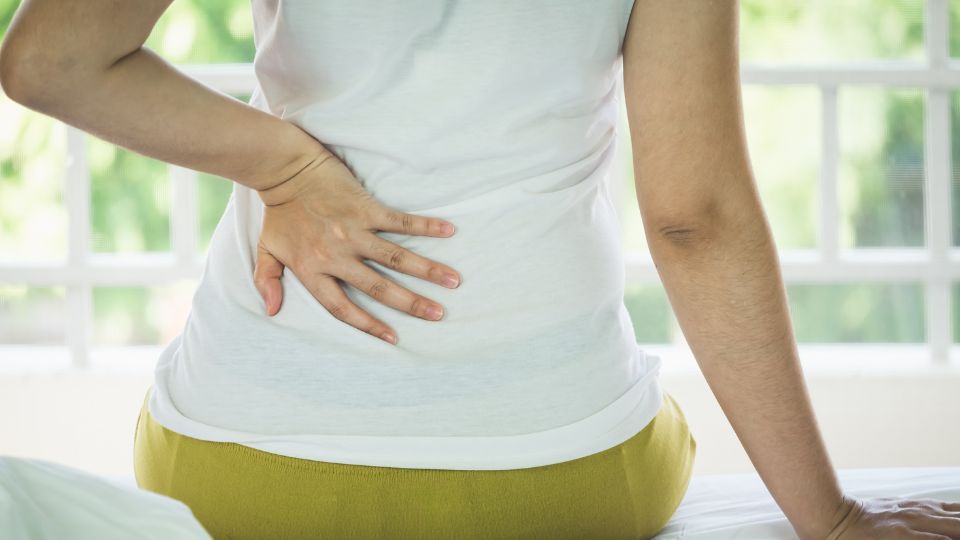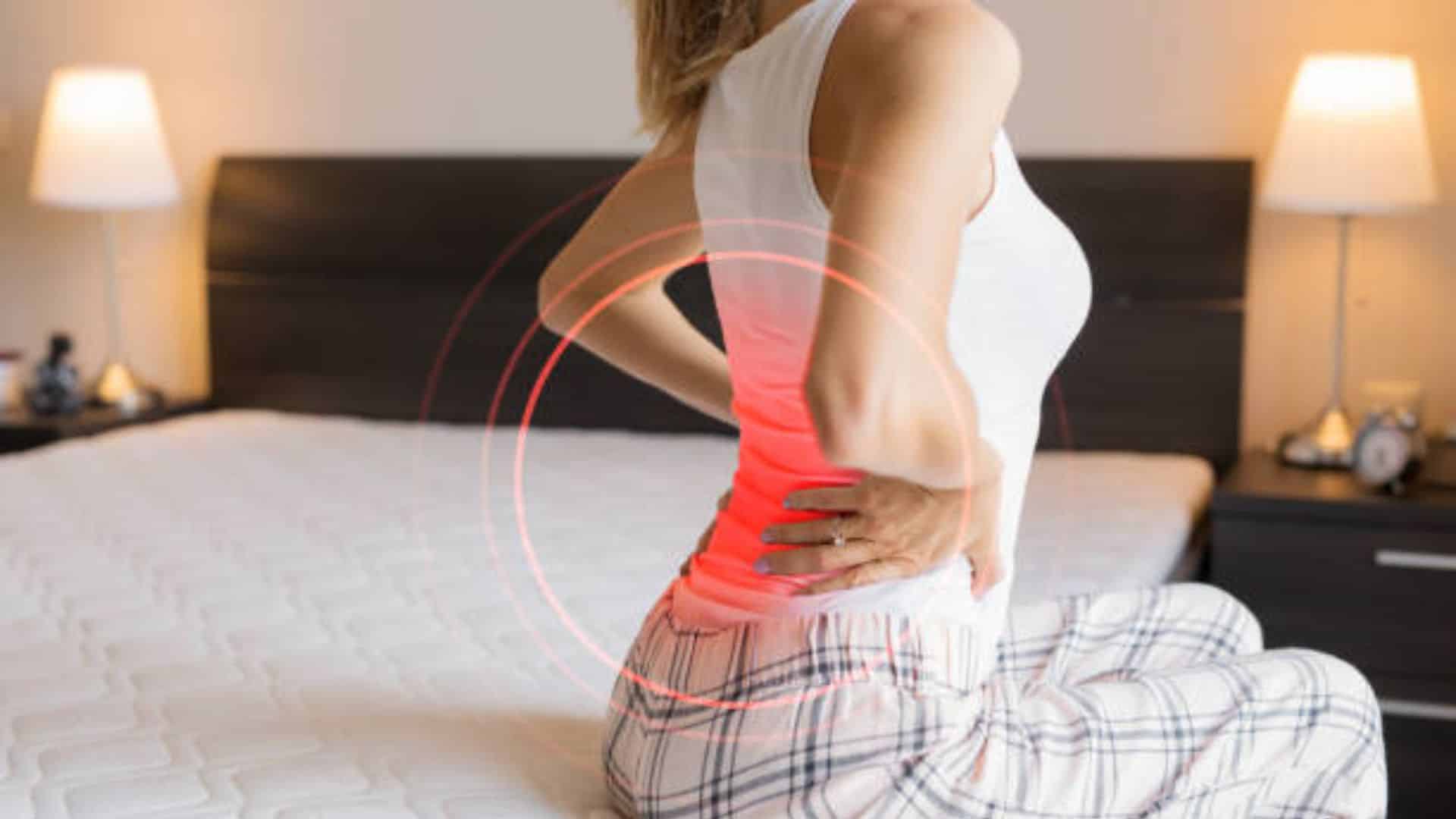How Long Does Back Pain Last? Understanding the Duration and Seeking Help

Experiencing back pain is common, but knowing how long back pain lasts can be crucial for your health and well-being. Back pain, a widespread ailment, often manifests as aching, burning, or varying intensities of discomfort. Understanding when this pain crosses from a temporary setback to a lingering issue is essential.
The Culprits Behind Back Pain
Back discomfort can stem from various causes, ranging from acute injuries to chronic conditions. Whether it’s a sports-related strain, an awkward twist or lift, or even prolonged periods of sitting or standing at work, back pain does not discriminate.
It’s important to be aware of certain risk factors that might predispose you to back issues. These include:
- Age-related conditions like osteoarthritis
- Occupational hazards
- Excessive body weight
- Sedentary lifestyles
- Even smoking habits
Recognizing these risk factors is the first step toward proactive management. Sometimes, persistent pain can be attributed to more complex conditions such as spinal arthritis, sciatica, or herniated discs. In these cases, how long back pain can last might be longer, necessitating professional intervention.
When to Consult a Specialist for Back Pain
Not all back pains require immediate medical attention. Often, mild discomfort resolves with rest, gentle stretching, and over-the-counter pain relief. However, it is crucial to know when to seek expert advice. Take note of the following:
- If your back pain is severe, persistent (lasting more than three months), or accompanied by other symptoms like leg pain, numbness, or weakness, it’s time to consult a specialist.
- If pain disrupts your daily activities or is coupled with alarming symptoms like fever or unexplained weight loss, a professional evaluation is imperative.
A spine specialist will use various diagnostic tools, including imaging tests like X-rays, CT scans, MRI, or myelograms, and possibly electromyography (EMG) to assess muscle and nerve function.
Going Through Treatment Options
The duration of back pain often influences the treatment approach. Treatments vary from medications and physical therapy to more advanced interventions like injections or surgery. The guiding principle in treatment is starting with the least invasive options. In more severe cases, surgery might be necessary.
Start Your Journey to Relief
How long back pain should last is not just a question of time but also of underlying causes and effective management. If you’re experiencing prolonged or severe back pain, remember that early intervention can make a significant difference. Seeking professional advice can lead to a tailored treatment plan, ultimately improving your quality of life and resolving back pain issues.
Seek back pain relief in Chicago with our expert team at Gateway Spine & Pain Physicians. Book your appointment today for comprehensive care and lasting comfort.



